info@vivavel.com
+919818262686
+919818262686
 info@vivavel.com
info@vivavel.com +919818262686
+919818262686Varicose veins are swollen, twisted veins that primarily affect the legs and feet. They appear dark purple or blue due to deoxygenated blood. They occur when valves in the veins fail to function, leading to blood pooling and increased pressure within the vessels.
Common symptoms include discomfort, aching, and a feeling of heaviness in the affected areas, which can worsen after prolonged sitting or standing. In some cases, complications such as blood clots, skin ulcers, or bleeding may arise, necessitating medical attention. Depending on the severity of the condition, treatment options range from lifestyle changes and compression stockings to minimally invasive procedures and surgery. Preventative measures, regular exercise, and maintaining a healthy weight can help reduce the risk of developing varicose veins.
 Common signs and symptoms of varicose veins include:
Common signs and symptoms of varicose veins include:

 Varicose veins occur when the valves in the veins become weak or damaged, leading to blood pooling and vein enlargement. Common causes include:
Varicose veins occur when the valves in the veins become weak or damaged, leading to blood pooling and vein enlargement. Common causes include:
 See medical attention if you experience persistent pain, swelling, or skin changes. Varicose veins can lead to complications such as:
See medical attention if you experience persistent pain, swelling, or skin changes. Varicose veins can lead to complications such as:
 To diagnose varicose veins, healthcare providers may perform:
To diagnose varicose veins, healthcare providers may perform:
 Do's:
Do's:
 Don'ts:
Don'ts:
NOTE:
Our medical content authors have diligently gathered and synthesized information on this topic to offer valuable insights to our readers. Drawing from a range of reputable medical journals and health resources, this content aims to enhance understanding of the subject. It's important to remember that while this information is informative, it should not replace personalized consultation or treatment from a qualified physician. For further details, please refer to our Editorial Policy.
For this topic, our authors used some of the following resources:





![]() Pusa Road, Radha Soami Satsang, Rajendra Place New Delhi, 110005 India
Pusa Road, Radha Soami Satsang, Rajendra Place New Delhi, 110005 India
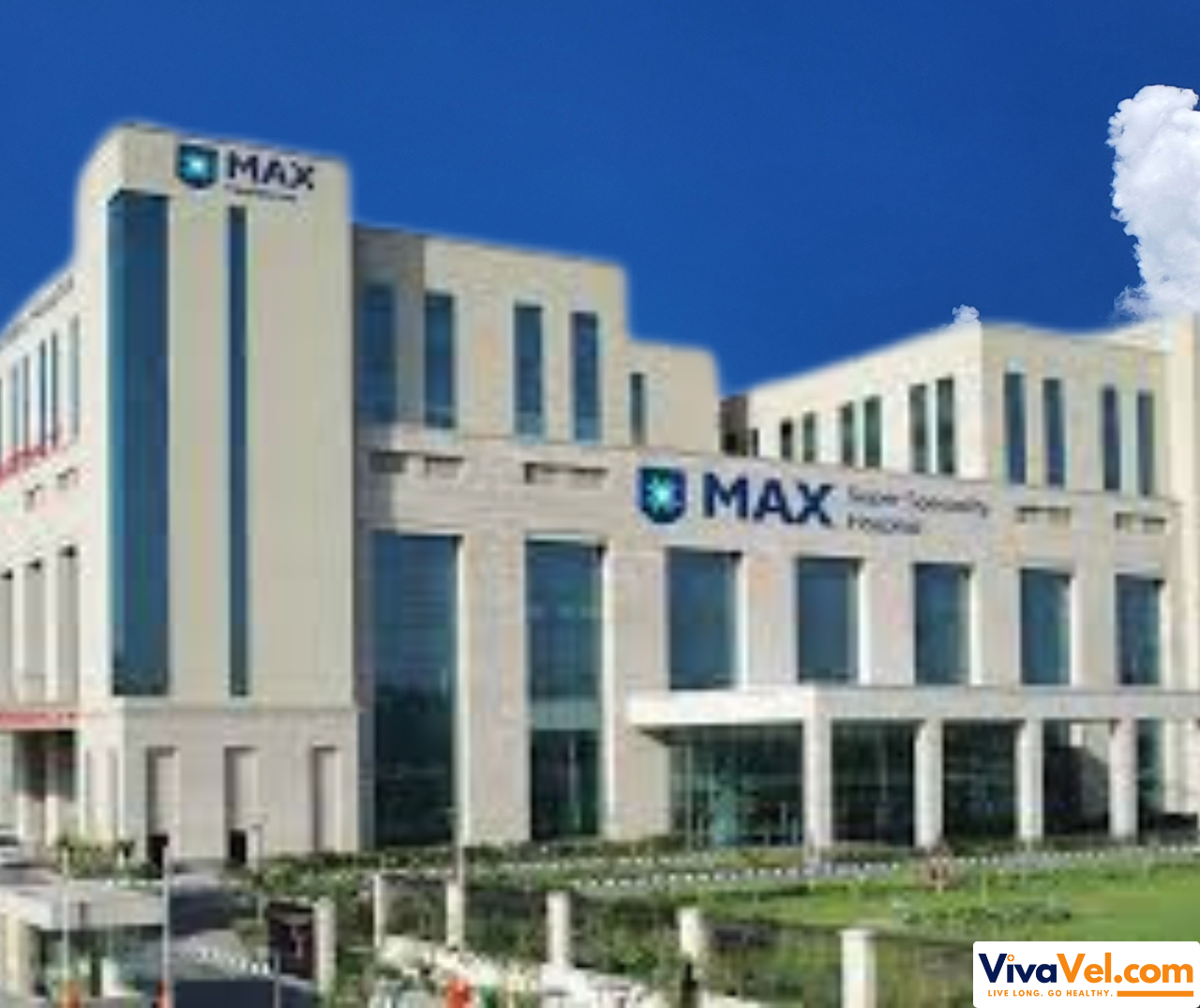


![]() Mussoorie, Diversion Road, Dehradun, Uttarakhand 248001
Mussoorie, Diversion Road, Dehradun, Uttarakhand 248001
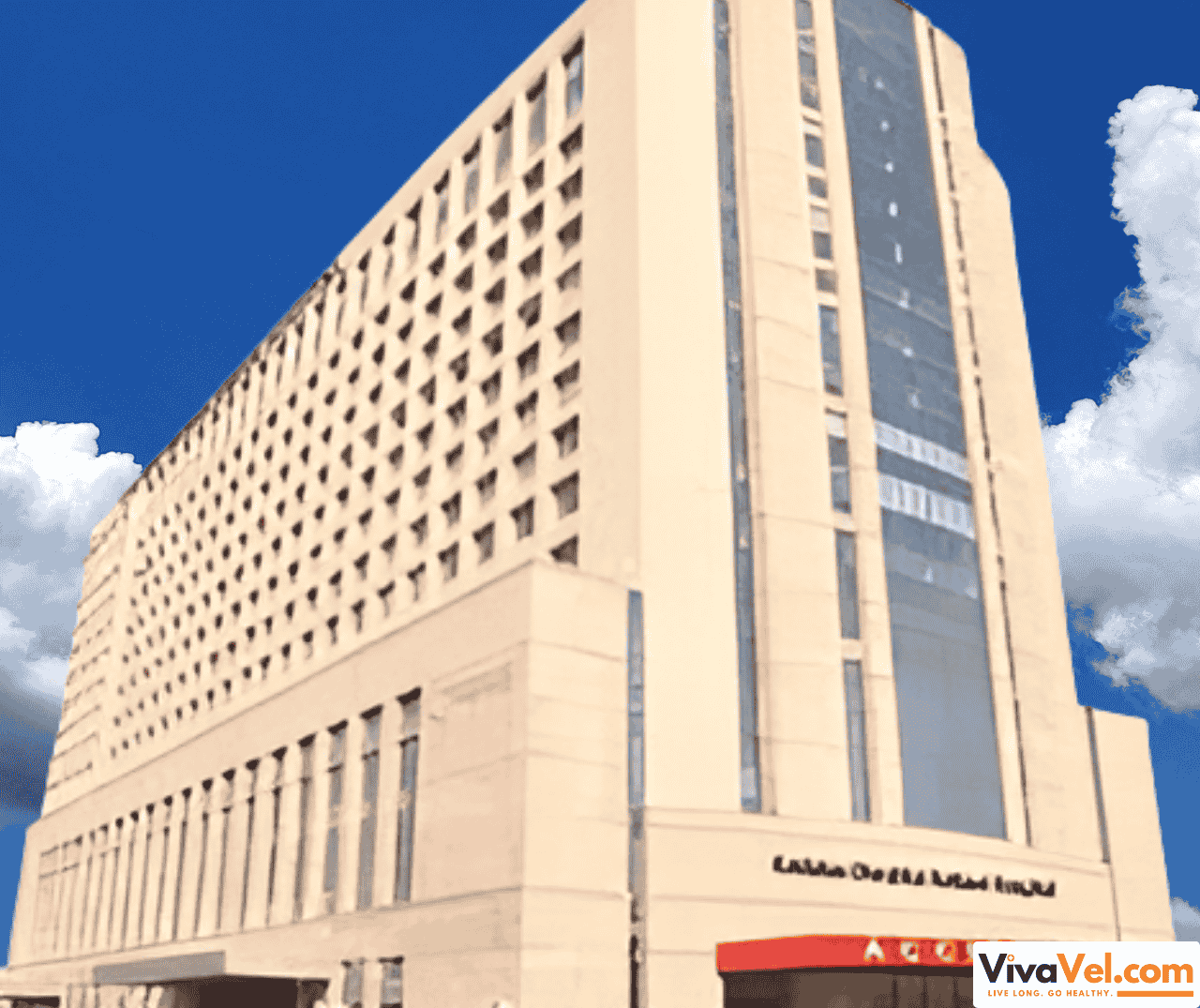



![]() Rao Saheb, Achutrao Patwardhan Marg, Four Bungalows, Andheri West Mumbai, 400053 India
Rao Saheb, Achutrao Patwardhan Marg, Four Bungalows, Andheri West Mumbai, 400053 India
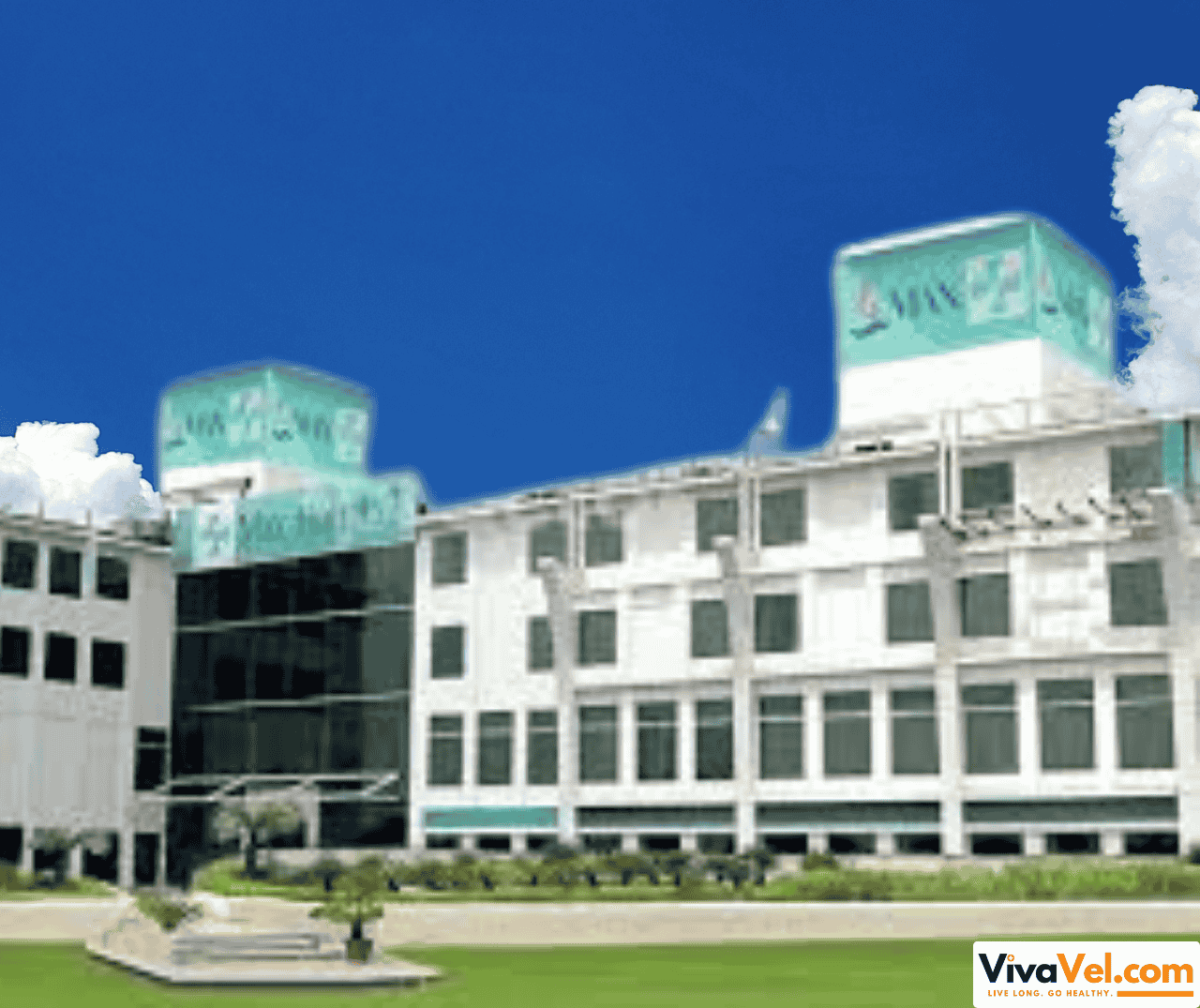


![]() B Block, Sushant Lok 1, Near Huda City Centre, MF Husain Marg, Sector 43 Gurgaon, 122001 India
B Block, Sushant Lok 1, Near Huda City Centre, MF Husain Marg, Sector 43 Gurgaon, 122001 India
_3.png)


![]() Manipal Hospital Bangalore, 560017 India
Manipal Hospital Bangalore, 560017 India
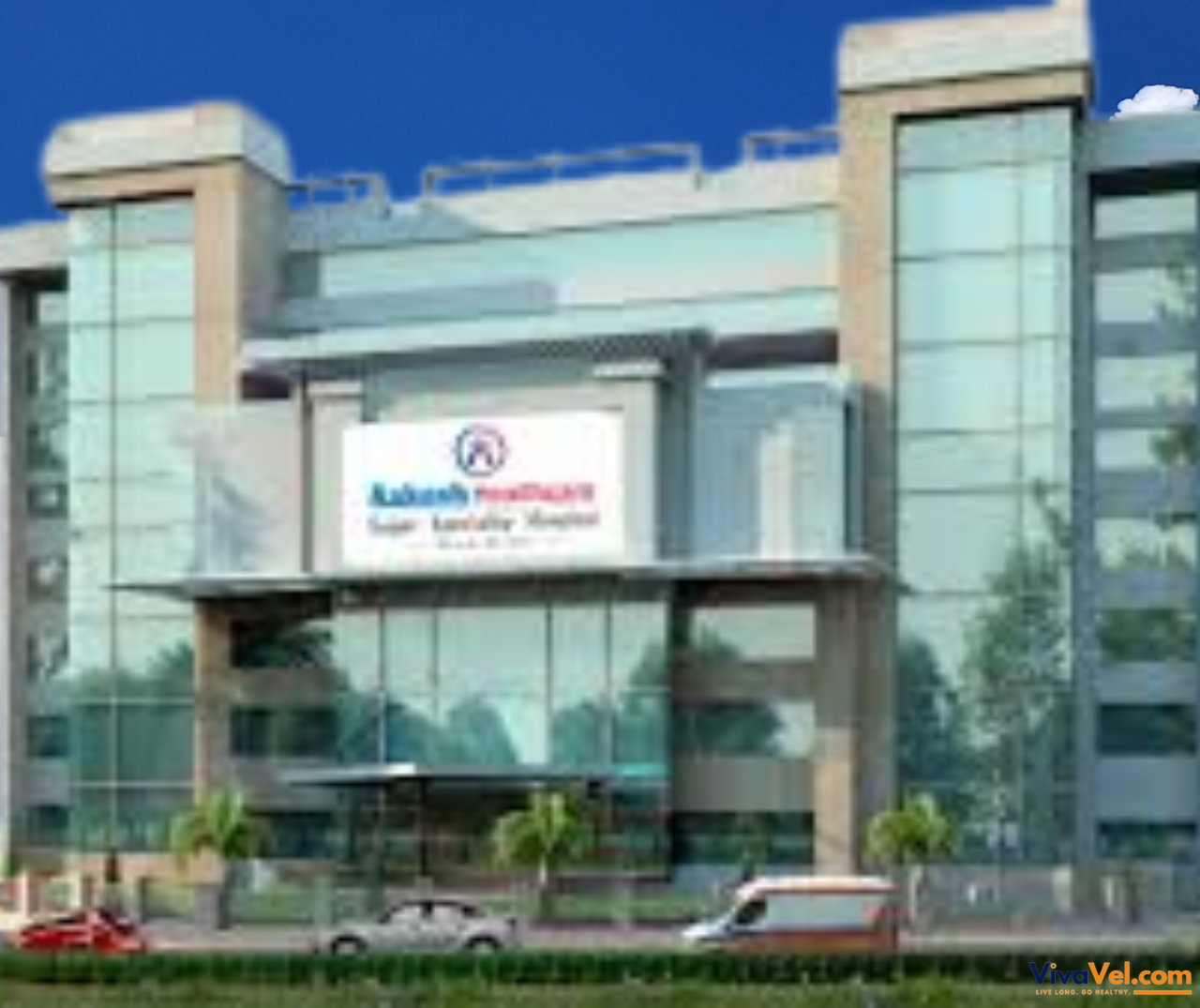


![]() Hospital Plot, Road No. 201, Dwarka Sector-3, Dwarka, New Delhi, 110075 India
Hospital Plot, Road No. 201, Dwarka Sector-3, Dwarka, New Delhi, 110075 India

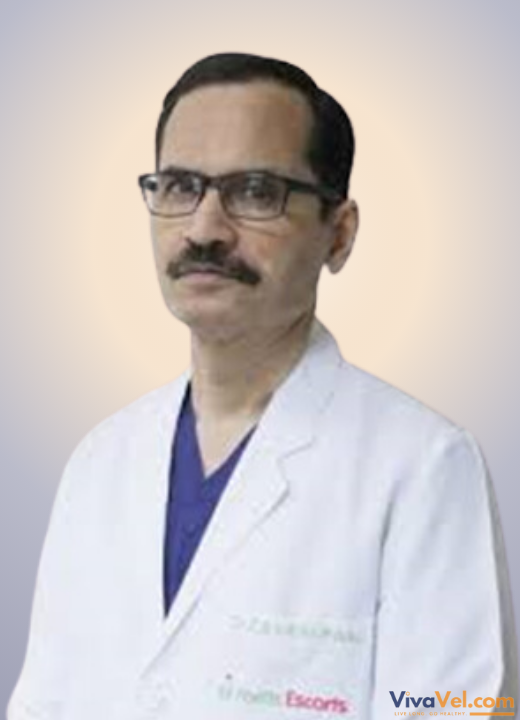
Dr. Z.S. Meharwal is the Chairman and Head of the adult Cardiac Surgery, Heart Transplantation, and VAD program at Fortis Escorts Heart Institute. He is part of the i...
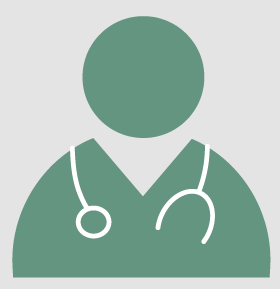
Dr. Shiv Kumar Choudhary has built a prestigious career in cardiovascular and thoracic surgery and is a highly renowned cardiac surgeon. He serves as the Executive Di...
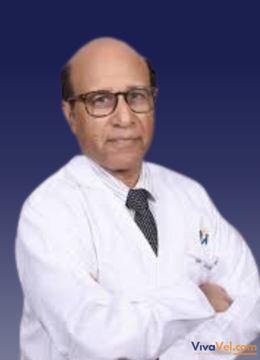
Dr. Jaisom Chopra is a highly skilled vascular surgeon renowned for his extensive experience in both domestic and international medical practices. After completing hi...

Over the past 25 years, Dr. Rakesh Mahajan has been instrumental in developing the Department of Vascular Surgery at Indraprastha Apollo Hospitals, New Delhi, into one of the...


Treatment Plan & Cost within 2 days
